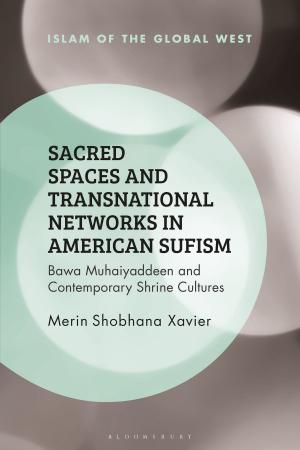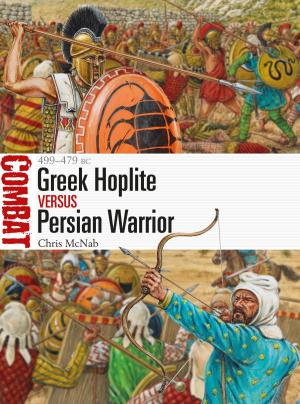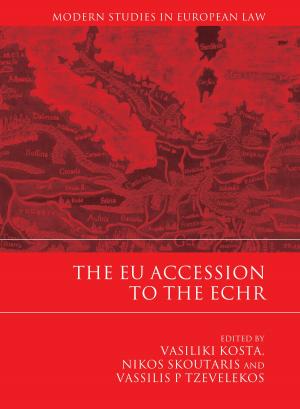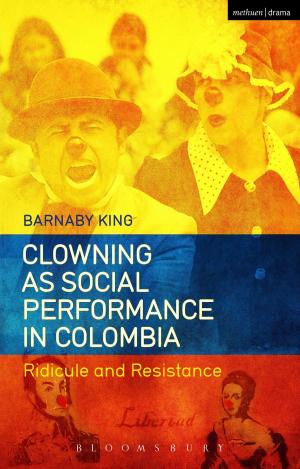The Spiritual Virtuoso
Personal Faith and Social Transformation
Nonfiction, Religion & Spirituality, Inspiration & Meditation, Spirituality, Social & Cultural Studies, Social Science| Author: | Marion Goldman, Steven Pfaff | ISBN: | 9781474292429 |
| Publisher: | Bloomsbury Publishing | Publication: | December 14, 2017 |
| Imprint: | Bloomsbury Academic | Language: | English |
| Author: | Marion Goldman, Steven Pfaff |
| ISBN: | 9781474292429 |
| Publisher: | Bloomsbury Publishing |
| Publication: | December 14, 2017 |
| Imprint: | Bloomsbury Academic |
| Language: | English |
Marion Goldman and Steven Pfaff define a spiritual virtuoso as someone who works toward personal purification and a sense of holiness with the same perseverance and intensity that virtuosi strive to excel in the arts or athletics. Since the Protestant Reformation, activist virtuosi have come together in large and small social movements to redefine the meanings of spiritual practice, support religious equality, and transform a wide range of social institutions. Tracing the impact of spiritual virtuosi from the sixteenth century Reformation through the nineteenth-century Anti-Slavery Movement to the twentieth-century Human Potential Movement and beyond, Marion Goldman and Steven Pfaff explore how personal virtuosity can become a social force.
Martin Luther began to expand spiritual possibilities in the West when he charted paths that did not require the Church's intercession between the individual and God. He believed that everyone could and should reach toward sacred truths and transcendent moments. Over the centuries, millions of people have built on his innovations and embarked on spiritual quests that offer new possibilities for sacred relationships and social change.
Marion Goldman and Steven Pfaff define a spiritual virtuoso as someone who works toward personal purification and a sense of holiness with the same perseverance and intensity that virtuosi strive to excel in the arts or athletics. Since the Protestant Reformation, activist virtuosi have come together in large and small social movements to redefine the meanings of spiritual practice, support religious equality, and transform a wide range of social institutions. Tracing the impact of spiritual virtuosi from the sixteenth century Reformation through the nineteenth-century Anti-Slavery Movement to the twentieth-century Human Potential Movement and beyond, Marion Goldman and Steven Pfaff explore how personal virtuosity can become a social force.
Martin Luther began to expand spiritual possibilities in the West when he charted paths that did not require the Church's intercession between the individual and God. He believed that everyone could and should reach toward sacred truths and transcendent moments. Over the centuries, millions of people have built on his innovations and embarked on spiritual quests that offer new possibilities for sacred relationships and social change.















